Belt cuts red tape for Illinois hair braiders
- Details
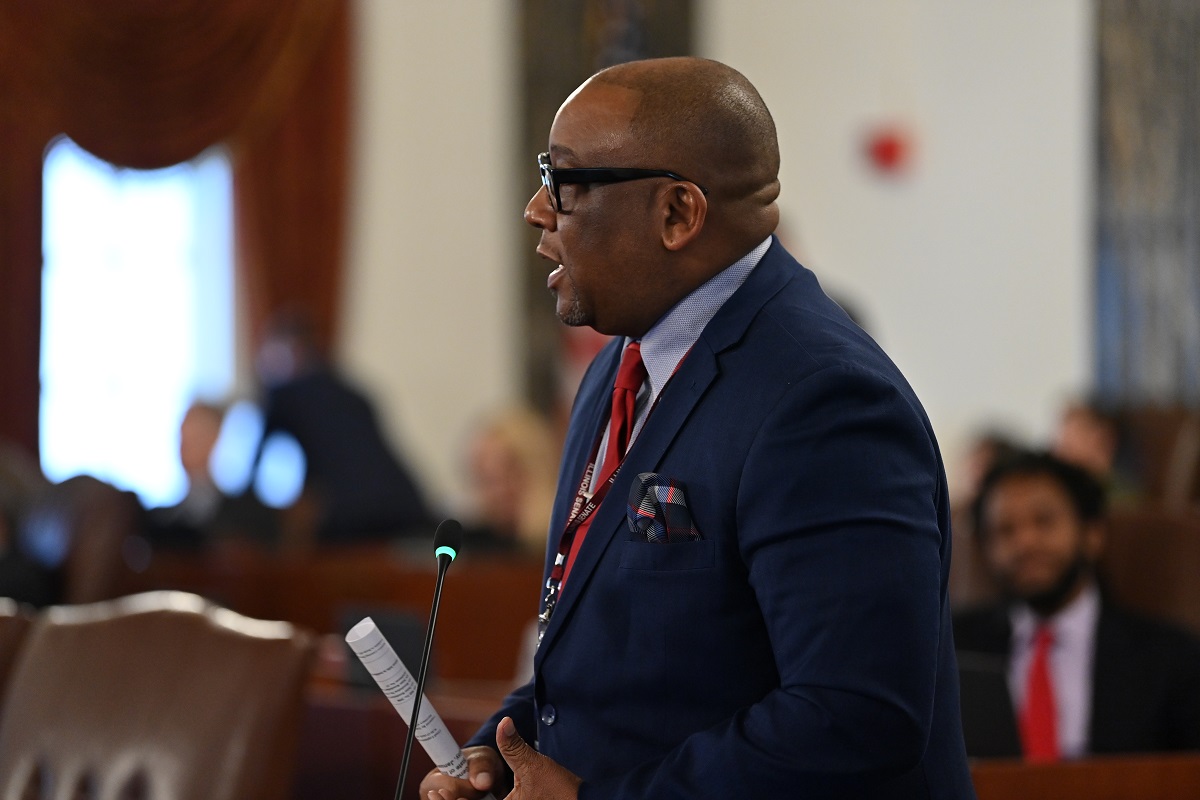 SPRINGFIELD – State Senator Christopher Belt advanced a measure that would eliminate the licensing requirements for hair braiders in Illinois.
SPRINGFIELD – State Senator Christopher Belt advanced a measure that would eliminate the licensing requirements for hair braiders in Illinois.
“It is common sense to eliminate unnecessary licensing requirements for hair braiders,” said Belt (D-Swansea). “Illinois is one of the few states that imposes these stiff requirements, and it’s time we get out of the way and allow individuals to practice their craft and earn a living without unnecessary barriers."
Castro advances plan to improve firefighter safety
- Details
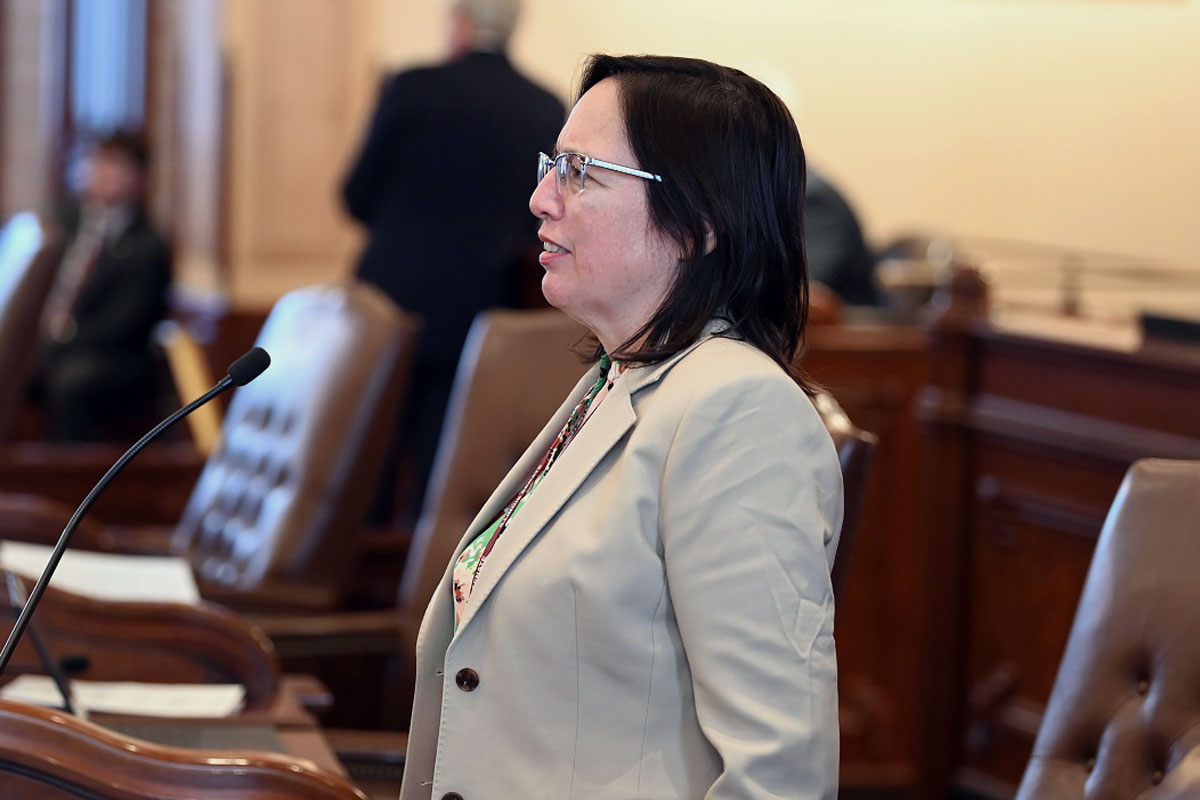 SPRINGFIELD — State Senator Cristina Castro advanced a plan to give more transparency in firefighter death records.
SPRINGFIELD — State Senator Cristina Castro advanced a plan to give more transparency in firefighter death records.
“I am honored to have the opportunity to partner with firefighters across Illinois on legislation that would improve our service to first responders,” said Castro (D-Elgin). “We owe it to the firefighters who gave their lives in service to their communities.”
Nearly 2,000 firefighters have died in the line of duty over the past 20 years, according to the U.S. Fire Administration. In addition to injuries and deaths that occur in the line of duty, firefighters are at a higher risk of cancer and other illnesses – highlighting the need for state-level data to guide interventions that protect their health and safety.
Read more: Castro advances plan to improve firefighter safety
Faraci-backed program to protect missing individuals with developmental disabilities
- Details
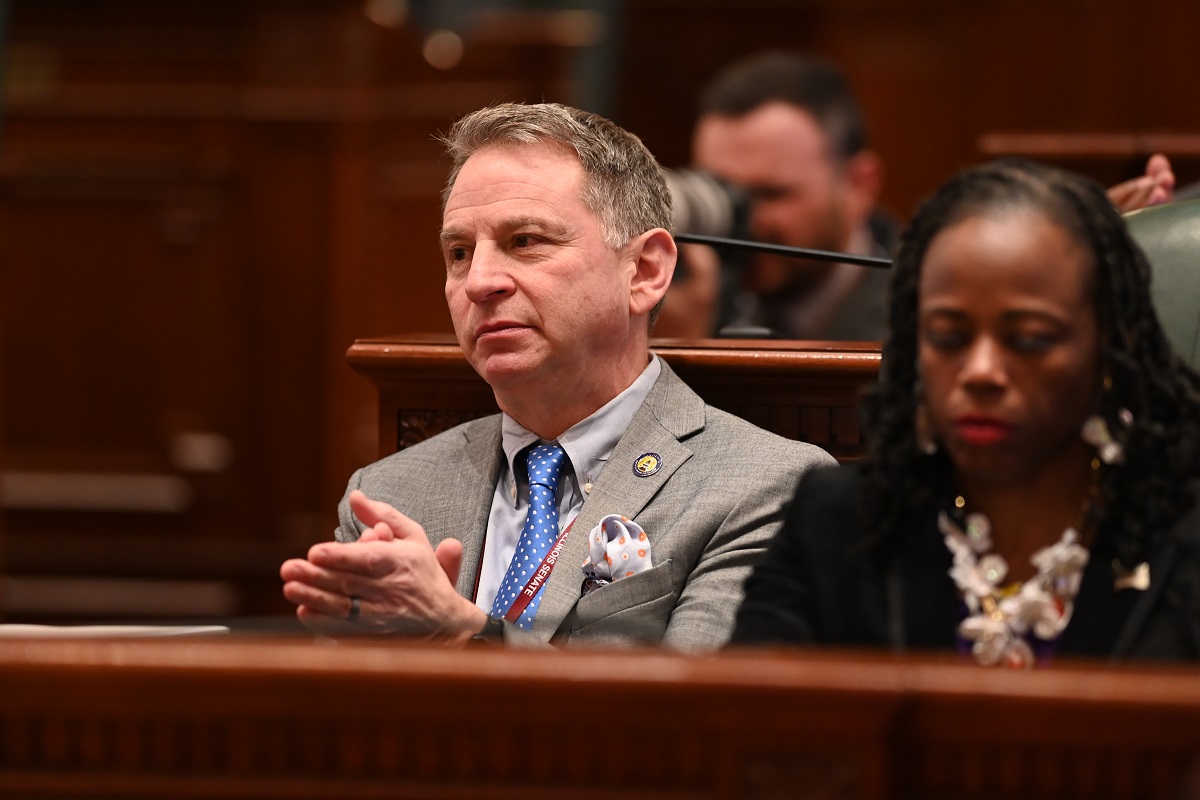 SPRINGFIELD – When a person with developmental disabilities goes missing, time is of the essence – but existing alert systems do not always address their unique needs. A measure from State Senator Paul Faraci is looking to change that by creating the Golden Search Awareness Program, ensuring law enforcement, families and communities have the tools to respond effectively.
SPRINGFIELD – When a person with developmental disabilities goes missing, time is of the essence – but existing alert systems do not always address their unique needs. A measure from State Senator Paul Faraci is looking to change that by creating the Golden Search Awareness Program, ensuring law enforcement, families and communities have the tools to respond effectively.
“For families with loved ones who have developmental disabilities, a missing persons case is even more urgent,” said Faraci (D-Champaign). “This bill will make sure we have a system in place that recognizes these challenges and brings people home safely.”
Read more: Faraci-backed program to protect missing individuals with developmental disabilities
Sims leads pathway to FOID card eligibility for diversion program graduates
- Details
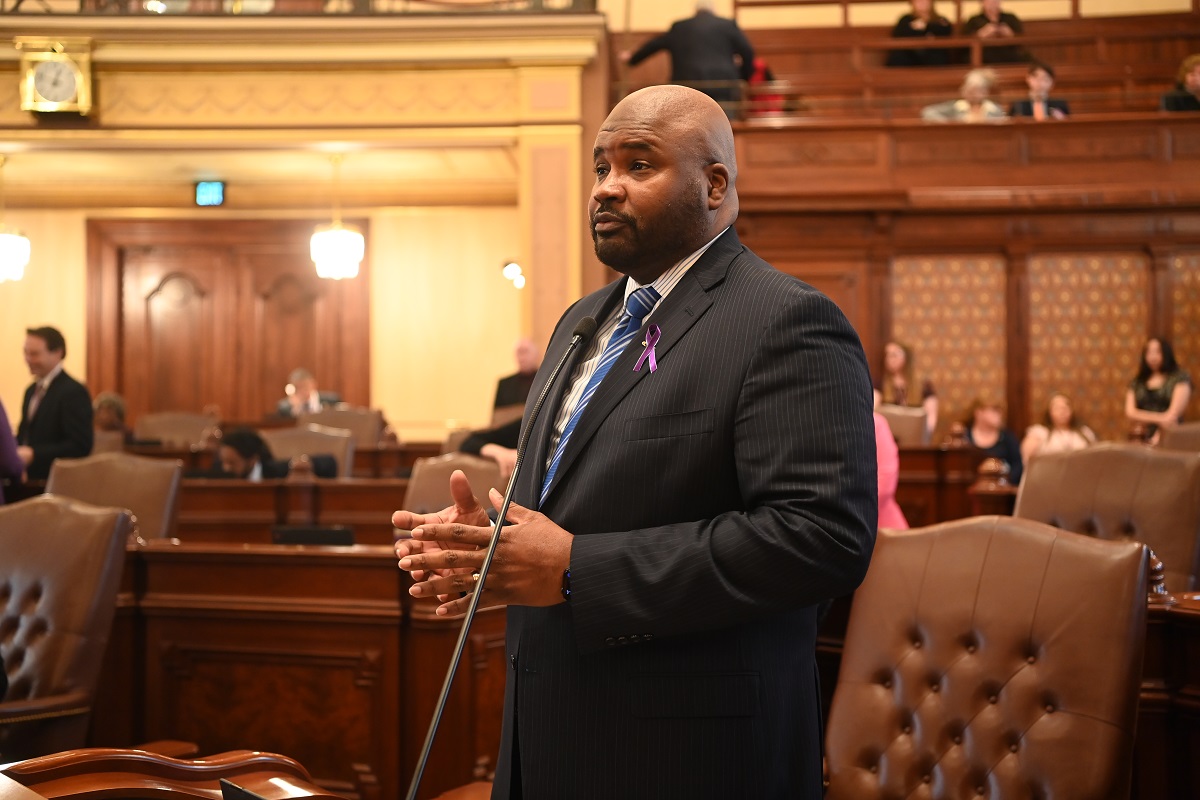 SPRINGFIELD – Recognizing mistakes can turn into learning opportunities, State Senator Elgie R. Sims, Jr. worked across the aisle to pass a measure to allow low-level, first-time weapon offenders to apply for a Firearm Owner’s Identification Card upon completing a diversion program.
SPRINGFIELD – Recognizing mistakes can turn into learning opportunities, State Senator Elgie R. Sims, Jr. worked across the aisle to pass a measure to allow low-level, first-time weapon offenders to apply for a Firearm Owner’s Identification Card upon completing a diversion program.
“We are taking a balanced approach to recognize people can learn from their past mistakes and deserve a second chance,” said Sims (D-Chicago). “Diversion programs acknowledge rehabilitation while ensuring existing safeguards remain firmly in place.”
Under Sims’ measure, participants who complete the First Time Weapons Offense Diversion Program could apply for a FOID card after receiving a court order demonstrating successful program completion –so long as they meet all other existing eligibility requirements. The program would only be for individuals charged with a Class 4 felony – the lowest class felony charge for weapons.
Read more: Sims leads pathway to FOID card eligibility for diversion program graduates
More Articles …
Page 80 of 735



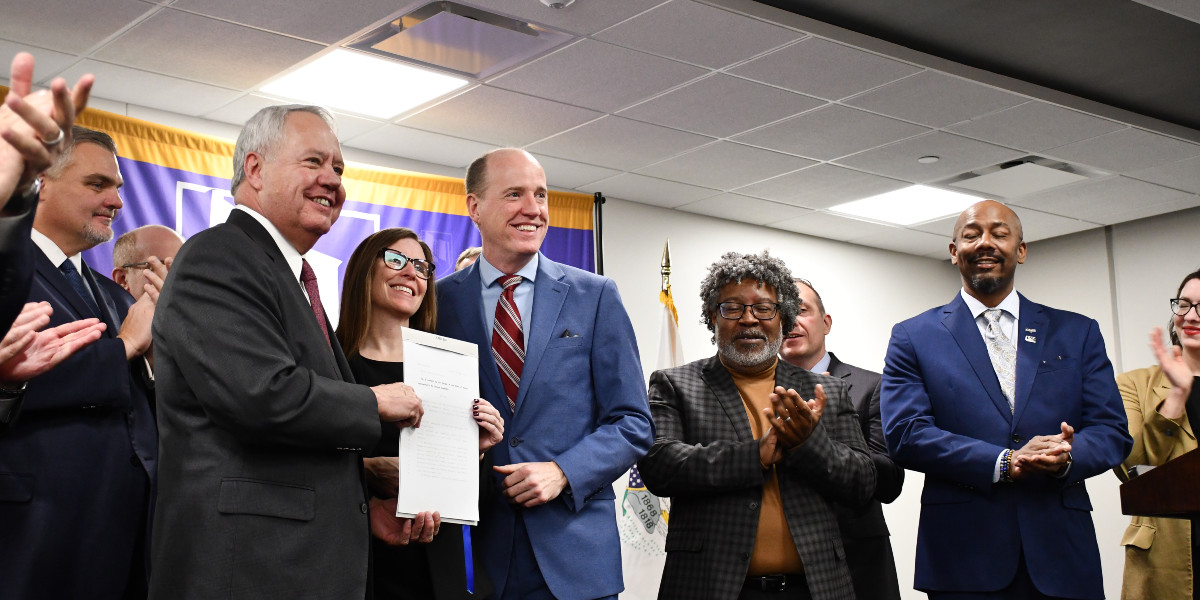

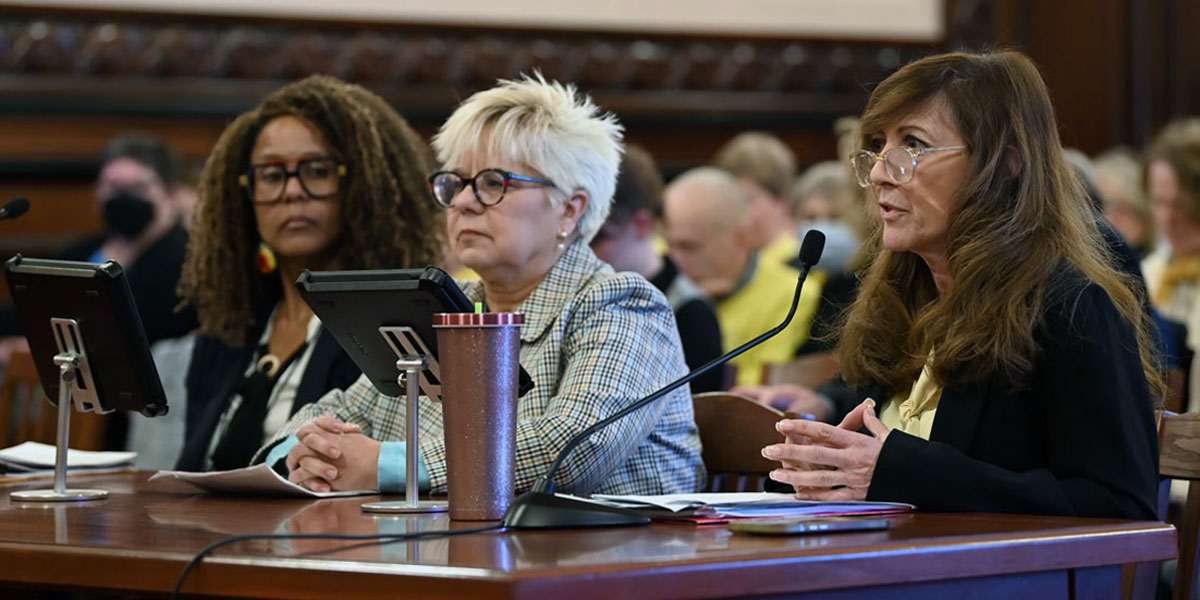


















 © 2026 Illinois Senate Democratic Caucus
© 2026 Illinois Senate Democratic Caucus